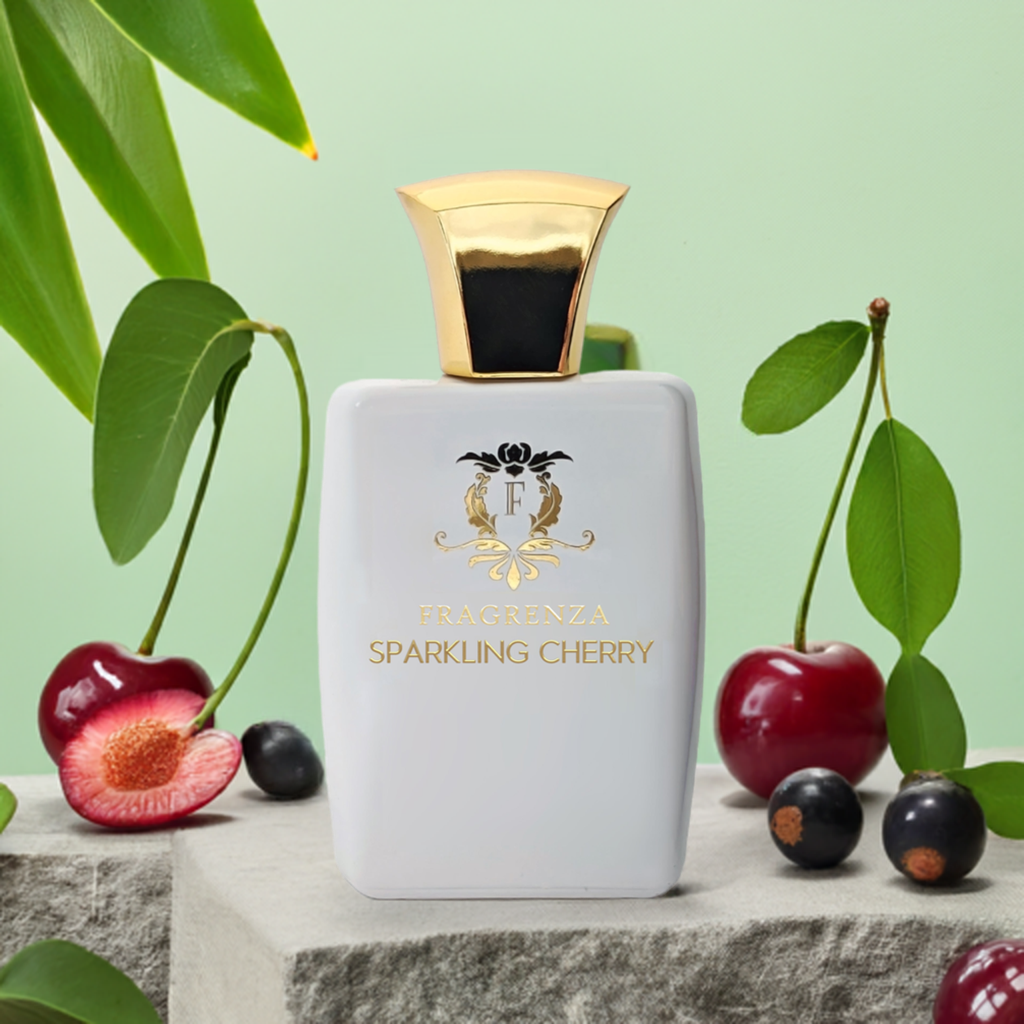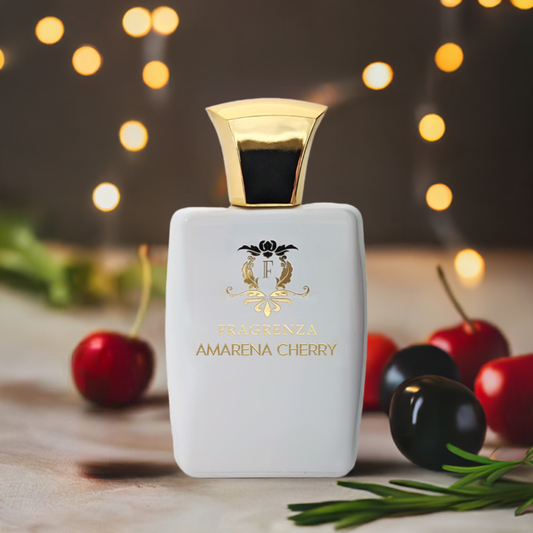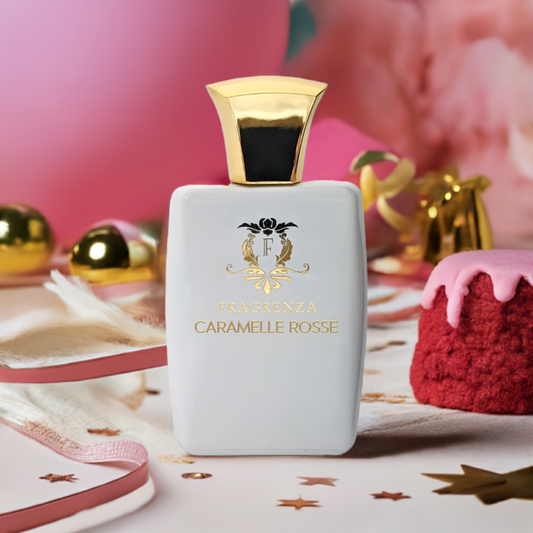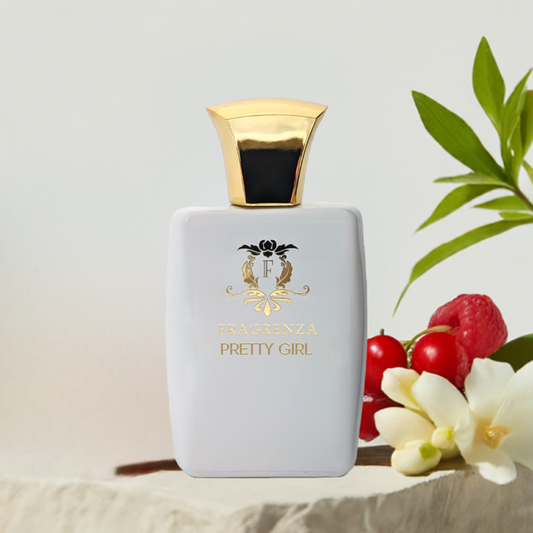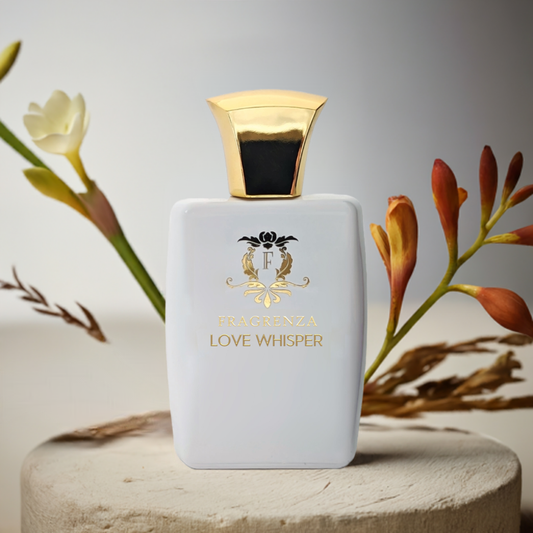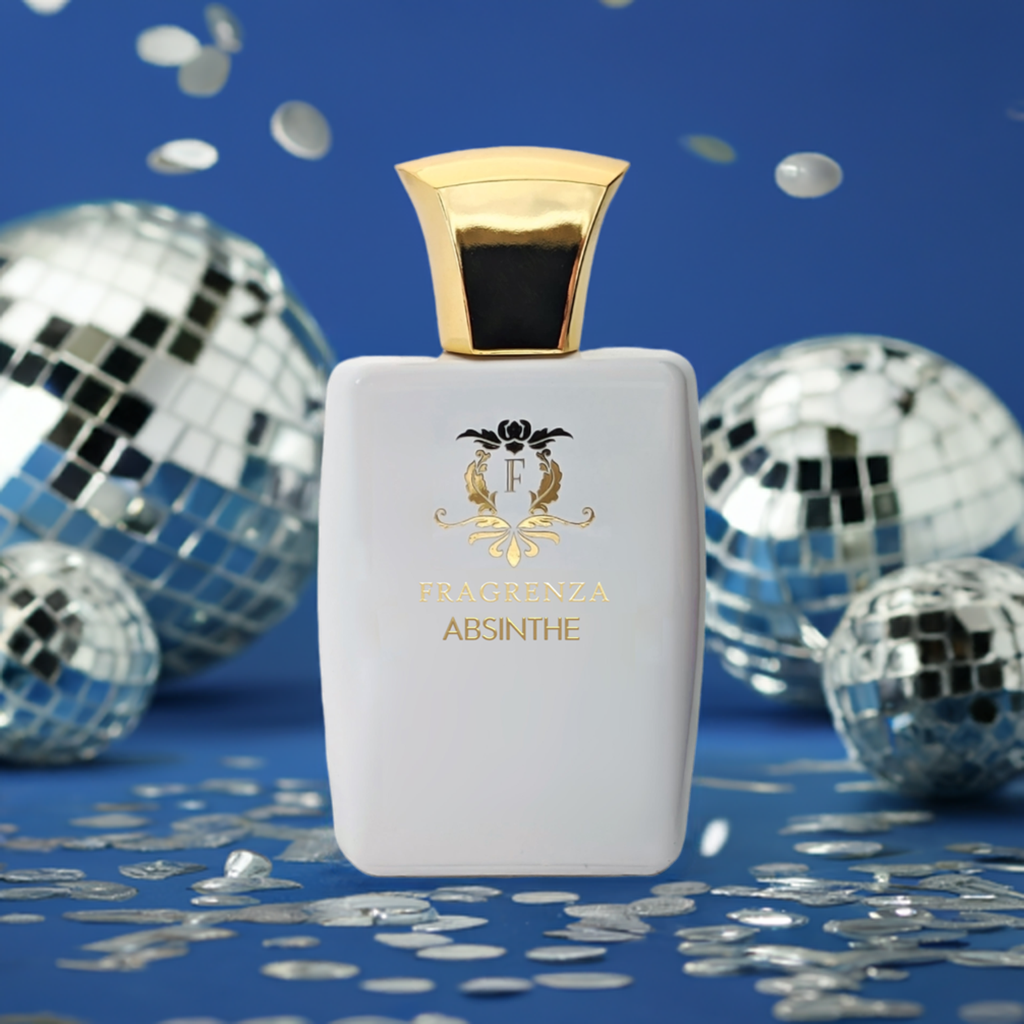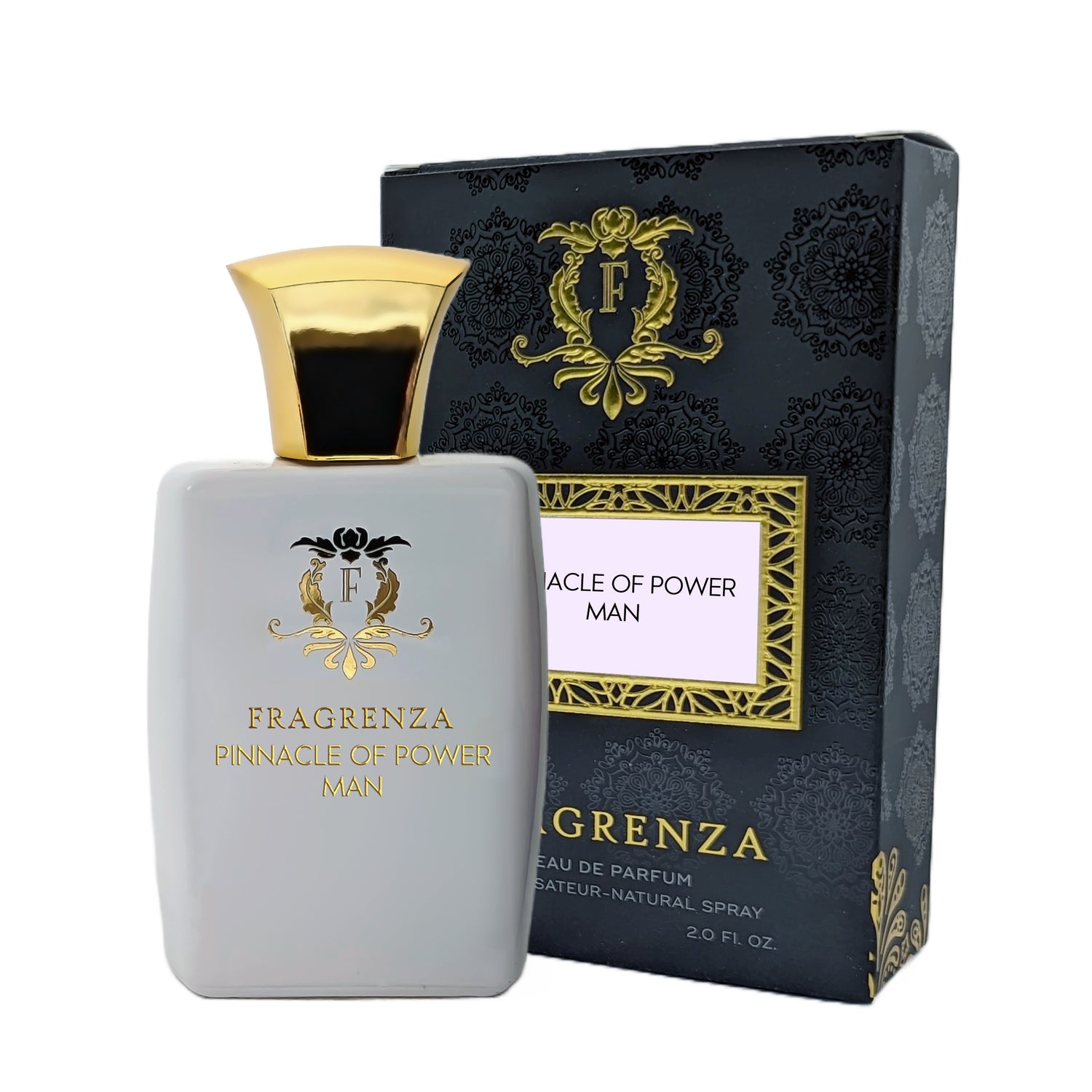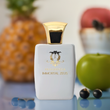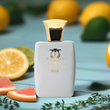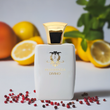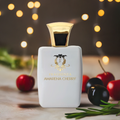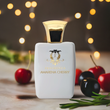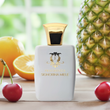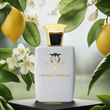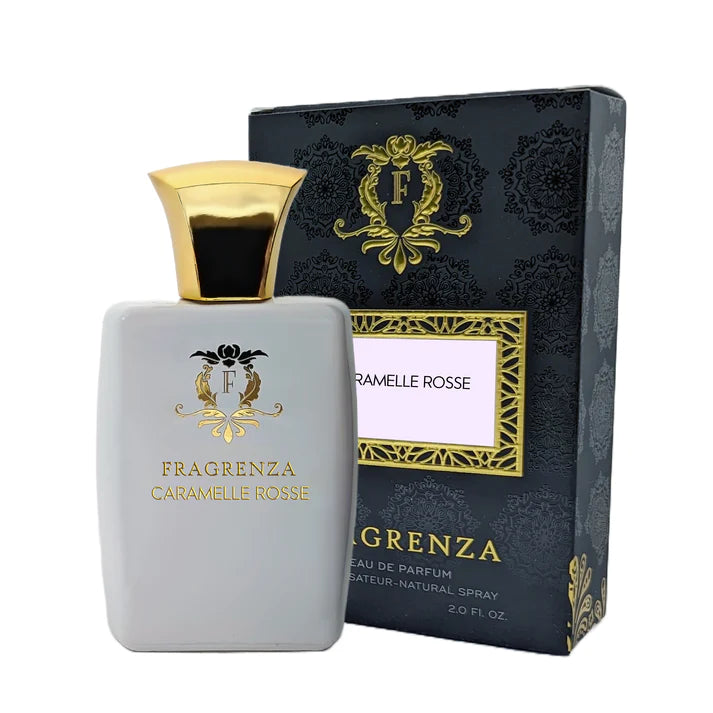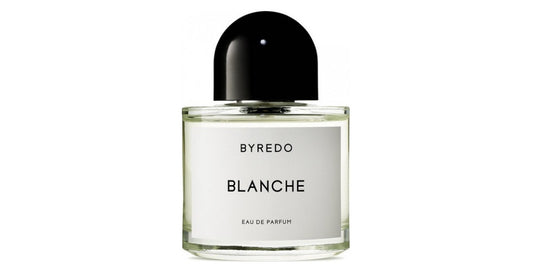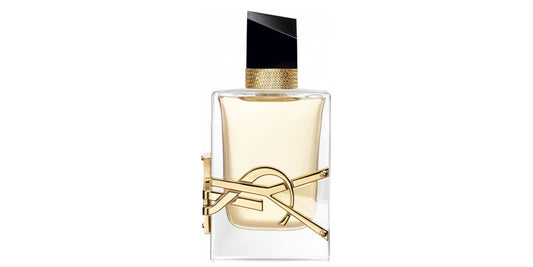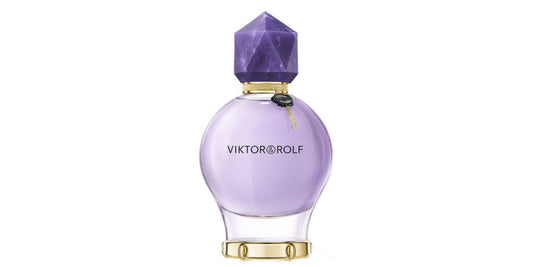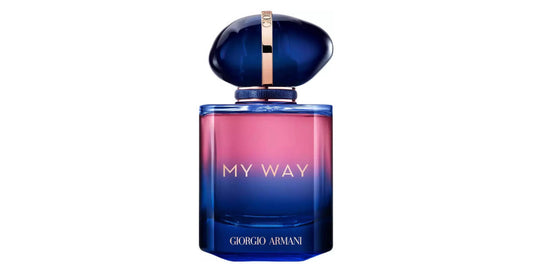Men vs. Women Fragrances: Exploring the Spectrum of Scented Identity

In This Article
The world of perfumery is vast, and for centuries, fragrances have been categorized and marketed according to gender norms. But what truly distinguishes a "masculine" scent from a "feminine" one? With evolving perceptions and the rise of unisex fragrances, the lines are blurring. Let's delve into the nuances of men's and women's fragrances with Fragrenza.
Historical Context
Historically, certain scents were attributed to specific genders due to cultural and societal norms. For example, floral and sweet notes like rose, jasmine, or vanilla were traditionally associated with femininity. Conversely, woody, spicy, and musky notes were seen as masculine. However, this division was not universal;it varied across cultures and time periods.
The Social Construct of Fragrance
Why are some fragrances labeled as 'for men' and others 'for women'? Much of it is due to marketing and societal perceptions. For instance, certain scents were deemed "appropriate" for men because they exuded strength, ruggedness, or sophistication, while "feminine" scents were linked to elegance, softness, or sensuality. But as we know, scent is personal and not limited by gender. What resonates with one individual might not with another, regardless of gender.
The Rise of Unisex and Gender-Neutral Fragrances
Modern perfumery is witnessing a paradigm shift. Brands, including Fragrenza's unisex collection, are moving away from gendered fragrances to embrace a more inclusive approach. These gender-neutral scents allow individuals to choose fragrances that resonate with their personal identity, devoid of any gender labels. As society becomes more accepting of diverse identities, the fragrance industry reflects this evolution.
Evolving Perceptions
Today, many believe that scent, like color or emotion, is universal. It doesn't belong to a particular gender. Many men embrace fragrances with floral notes, and many women love the depth of woody or spicy scents. It's all about personal preference, mood, and the memories or emotions a particular fragrance evokes.
Conclusion
The distinction between women's and men's fragrances is becoming more fluid. At its core, perfume is an art, a form of expression, and a deeply personal choice. Whether you're drawn to traditionally "masculine" or "feminine" scents, or prefer to explore the realm of unisex fragrances, Fragrenza offers a diverse range to cater to every scent identity. Embrace the fragrance that speaks to you, not the label it carries.
